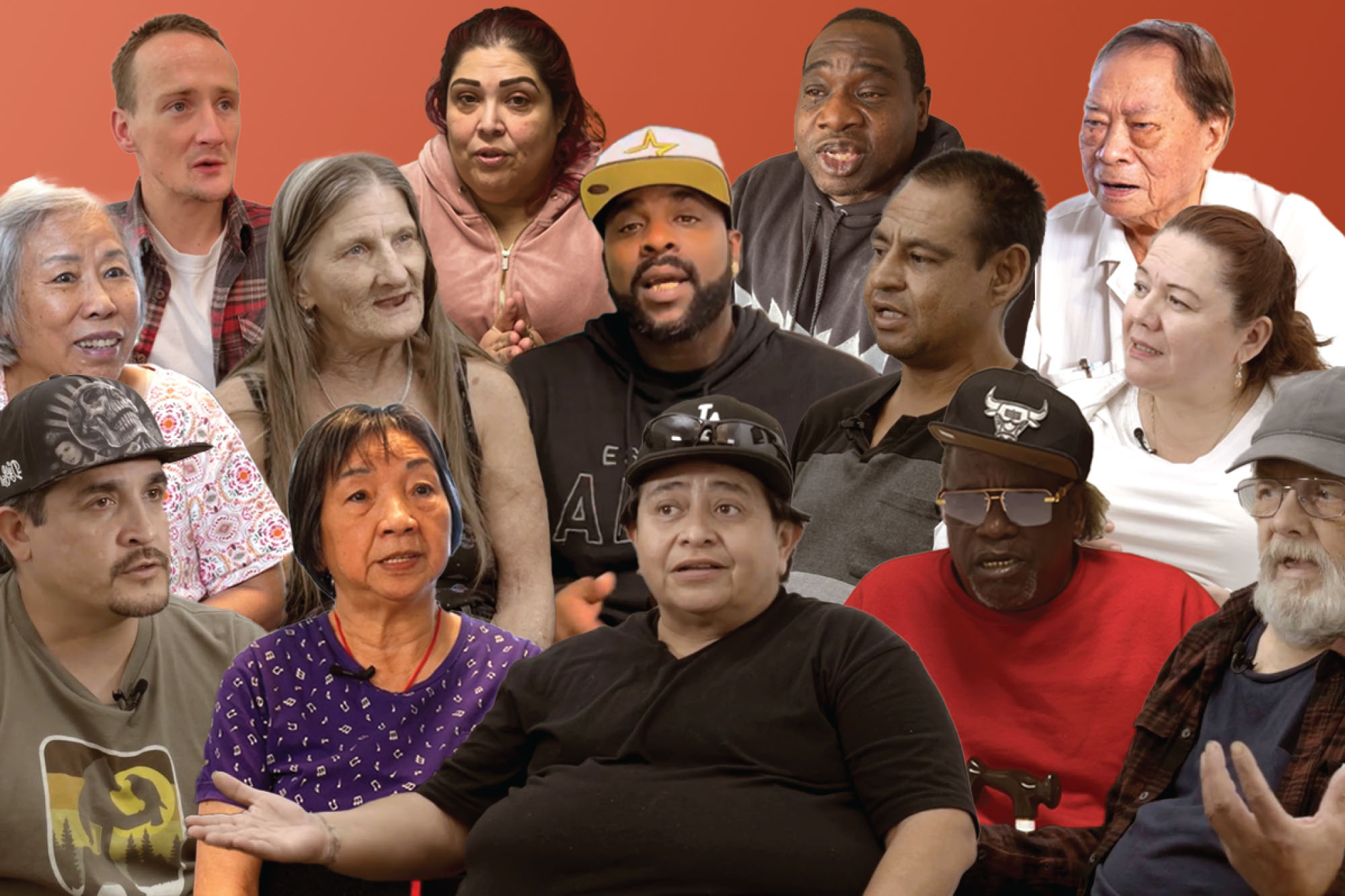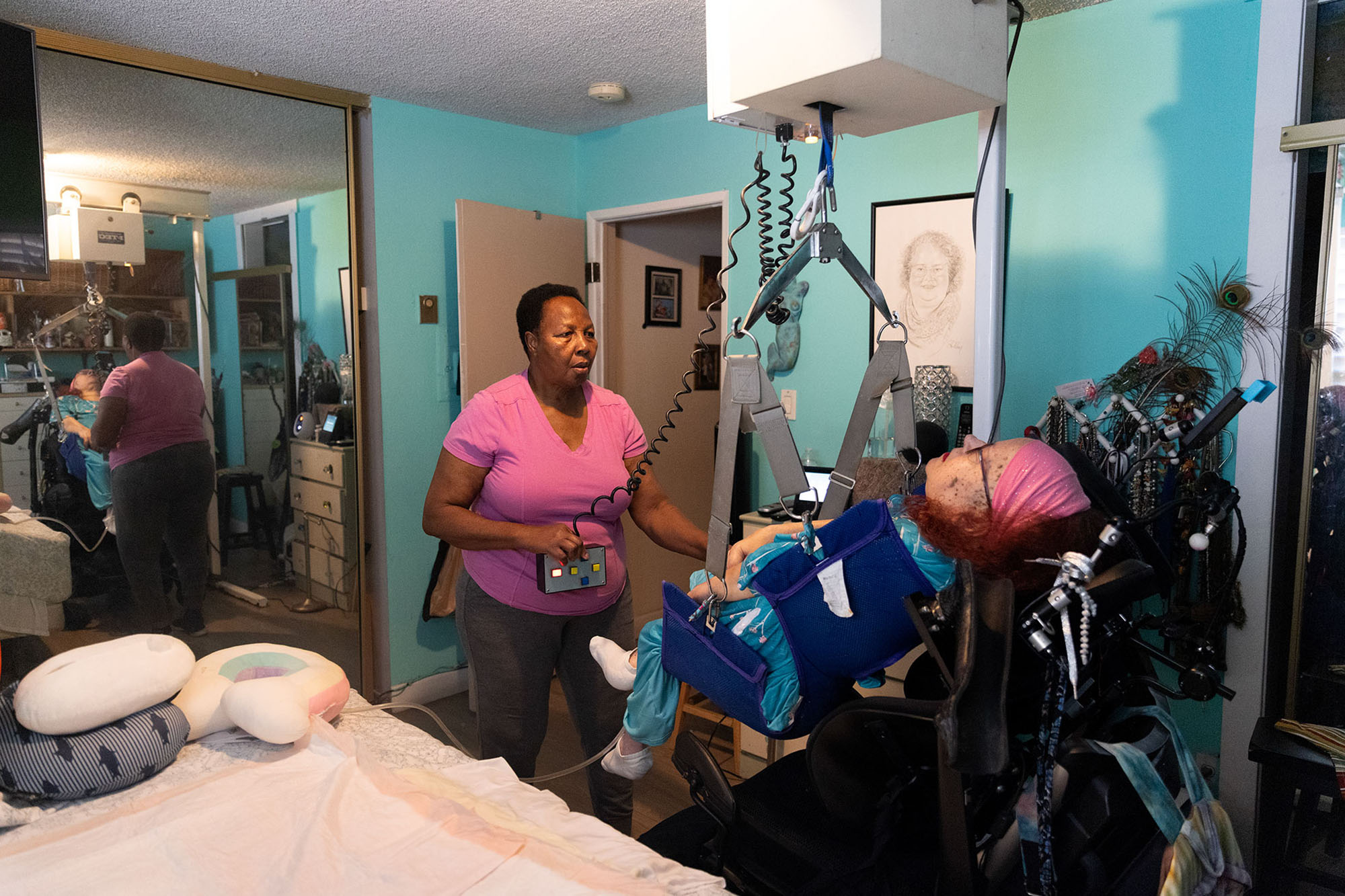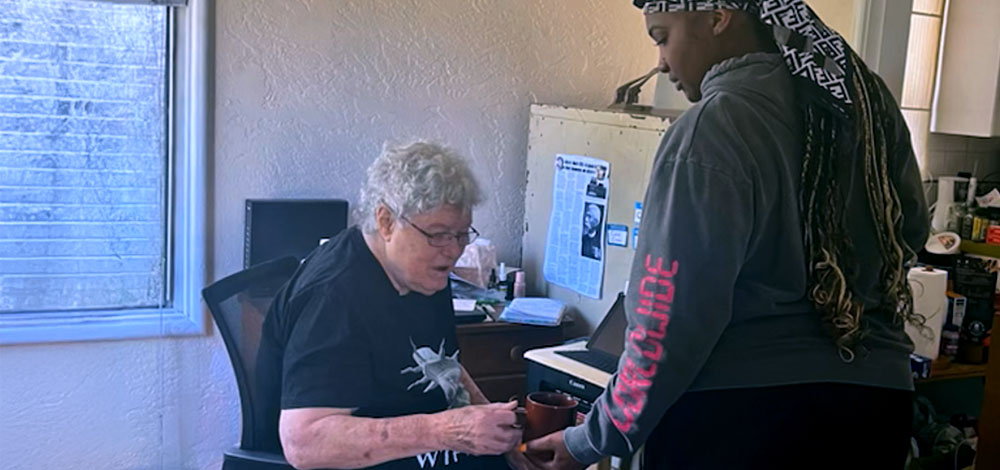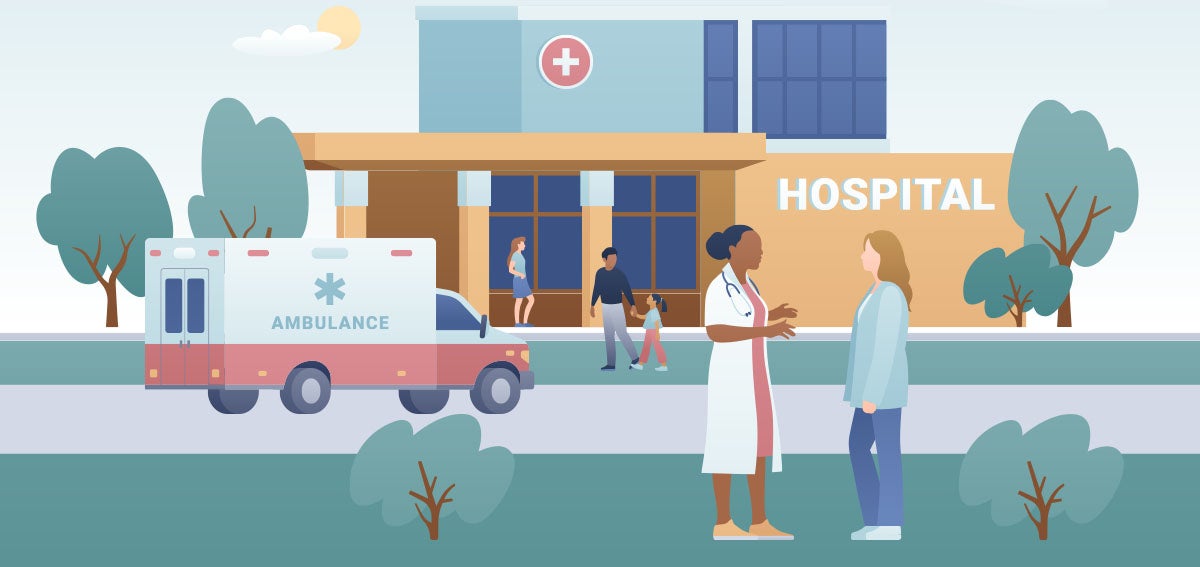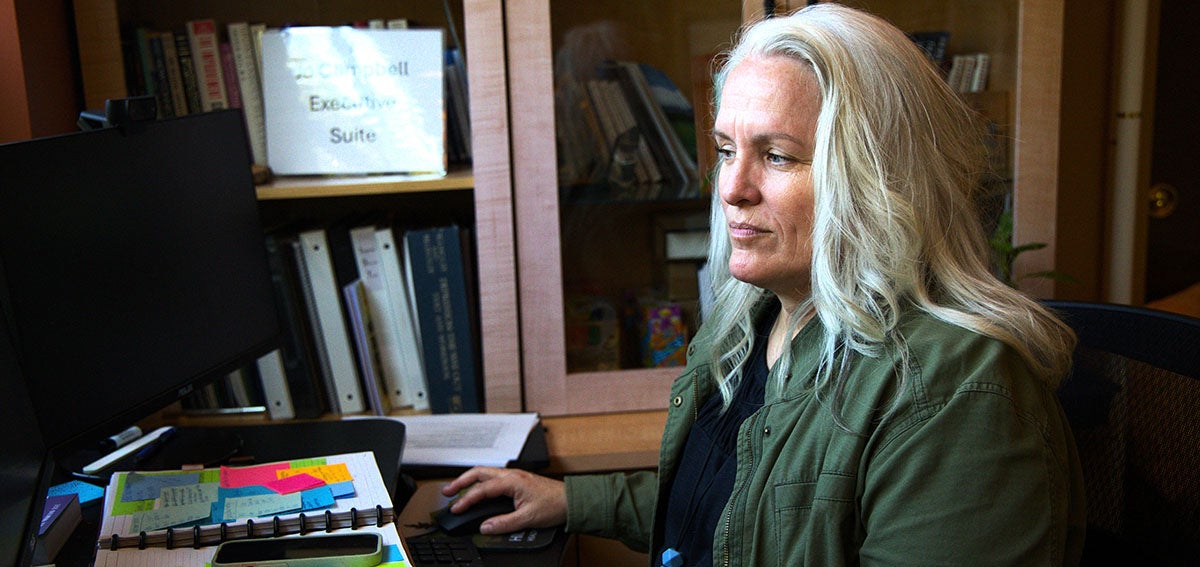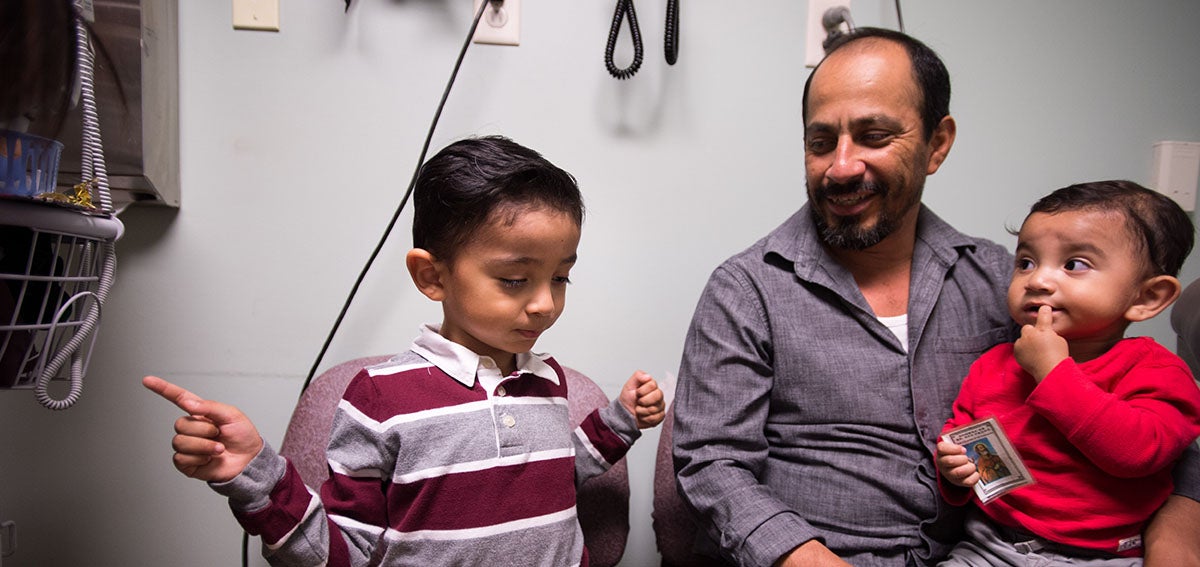
As much as we all want to move beyond the pandemic, we must never forget the biggest lesson it has taught us. When it comes to our health, we’re all in this together.
A protective mask won’t work to its full potential if it is riddled with holes. Neither will a health care system that covers some people and leaves others behind. The system can only work for everyone if it includes everyone. There has never been a better time — or a stronger case — for covering all Californians than there is right now. We should start by extending Medi-Cal to all Californians with low incomes, regardless of immigration status.
About three million people in California lack health insurance today. Undocumented immigrant adults compose the largest group among them. Our undocumented neighbors, friends, coworkers, and family members make enormous contributions to our economy and our communities. Many risked their lives during the pandemic to perform essential jobs — including many caregiving jobs. Yet California continues to exclude undocumented adults 26 and older from Medi-Cal.
Undocumented immigrants have deep roots in California communities and make major contributions to our economy, the nation’s largest and most successful state economy. Nearly 2.5 million US citizens in California live with undocumented family members. Our exclusionary approach to health care coverage creates significant problems for these mixed-status families.
When some family members have coverage and others do not, the whole family suffers. There is no peace of mind — only the anxiety of knowing someone you love is vulnerable. Parents who lack health insurance are less likely to take care of health problems when — or even before — they arise. The resulting financial instability affects the entire household, including kids and grandparents. This stress and turmoil are entirely preventable.
A Crucial Step
Every Californian ought to have access to comprehensive care through a medical home they trust. People with a medical home are more likely to get vaccinated, manage their diabetes, get screened for depression, or receive myriad other essential health care services. Expanding Medi-Cal to all Californians with low incomes does not necessarily mean that everyone will have a medical home and access to all the care they need overnight, but it is a crucial step toward that eventual goal.
Two positive trends should make it easier than ever to expand Medi-Cal to undocumented adults with low incomes. First, a strong and growing majority of Californians (66%) now favor providing health care to undocumented Californians, up from 54% in 2015. Second, California officials expect a $15 billion budget surplus in the next fiscal year, according to the most recent forecast.
In 2016, California extended Medi-Cal eligibility to kids from low-income households, regardless of their immigration status. State leaders were right at the time, and they were right to do the same for young adults starting last year. Now the state has a golden opportunity to finish the job.
Authors & Contributors
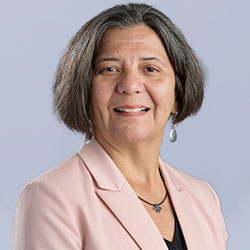

Jessica Brandi Lifland
Jessica Brandi Lifland is a freelance photographer, instructor of journalism at City College of San Francisco, and mother. Her work with publications and nonprofits such as Operation Smile, Tostan, and the California Health Care Foundation has taken her all over the world, including West Africa, the Middle East, Kosovo, Burma, Haiti, and South America.
For two decades she has been photographing the National Cowboy Poetry Gathering and has been working on a long-term project documenting the lives of the cowboy poets of the American West in affiliation with the Western Folklife Center. She plans to make her project into a book.

